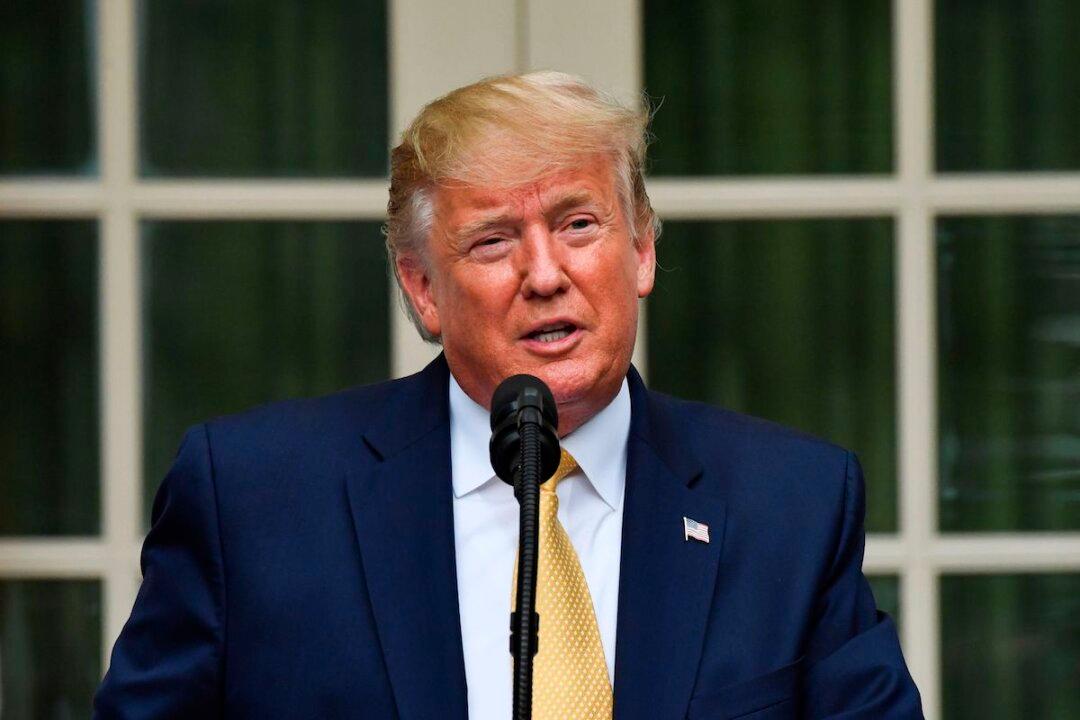President Donald Trump is working on a policy action, possibly an executive order, to address claims of social media companies’ politically biased censorship.
Three sources, including a White House official, told Politico an executive order is in the works that would deal with tech bias and other issues, though none of them would describe what’s in it. One said the content has gone through many changes and hasn’t been finalized.





